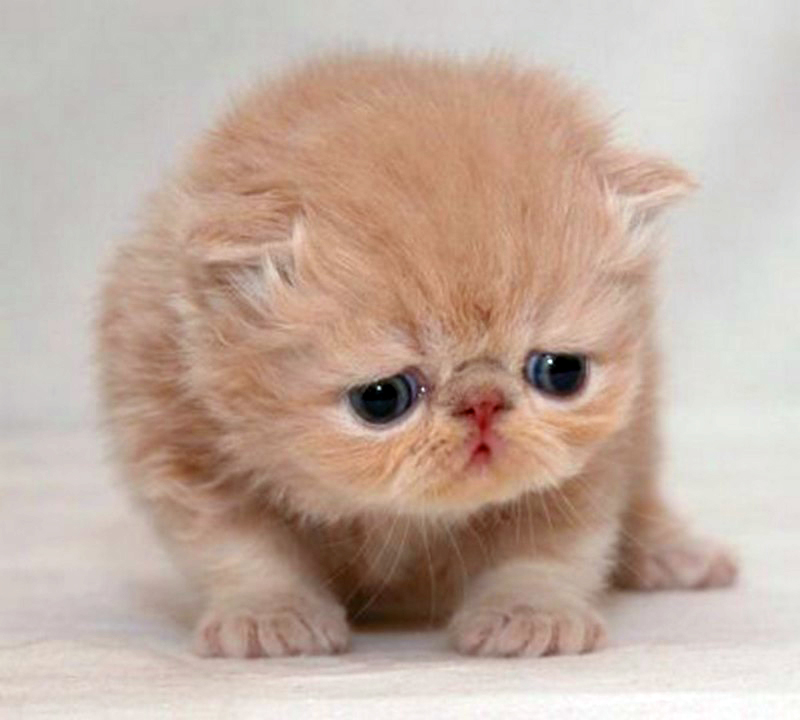Sad kitten!
(aka, 404 — not found)

It happens to all of us. In this case, it just means
you tried to visit a page that doesn't exist (yet).
Click on the logo up top to go back to the home page,
or choose something from the sidebar.

It happens to all of us. In this case, it just means
you tried to visit a page that doesn't exist (yet).
Click on the logo up top to go back to the home page,
or choose something from the sidebar.